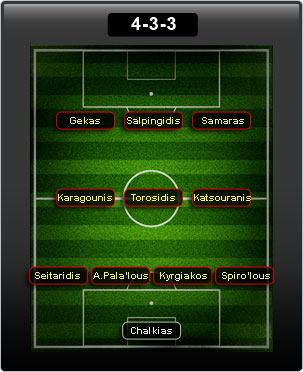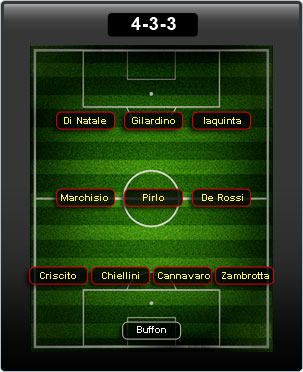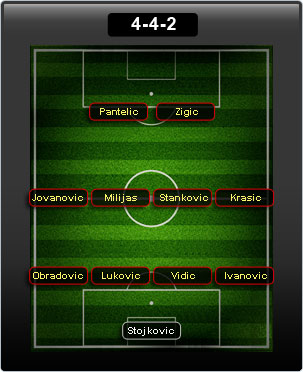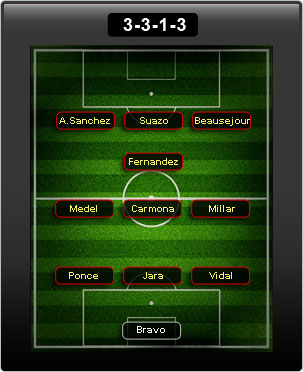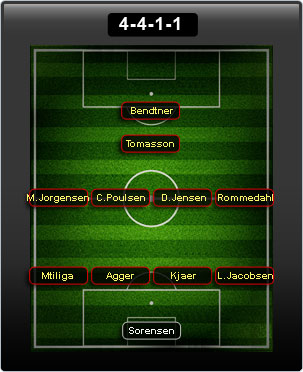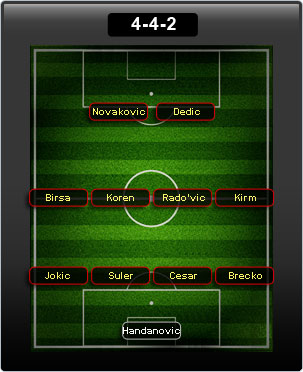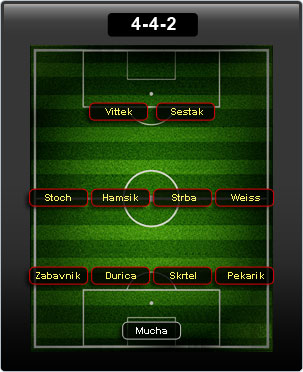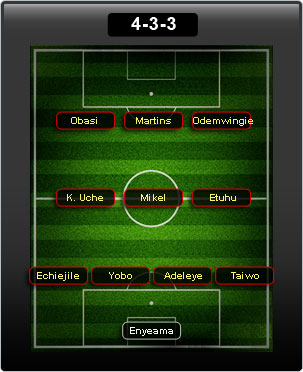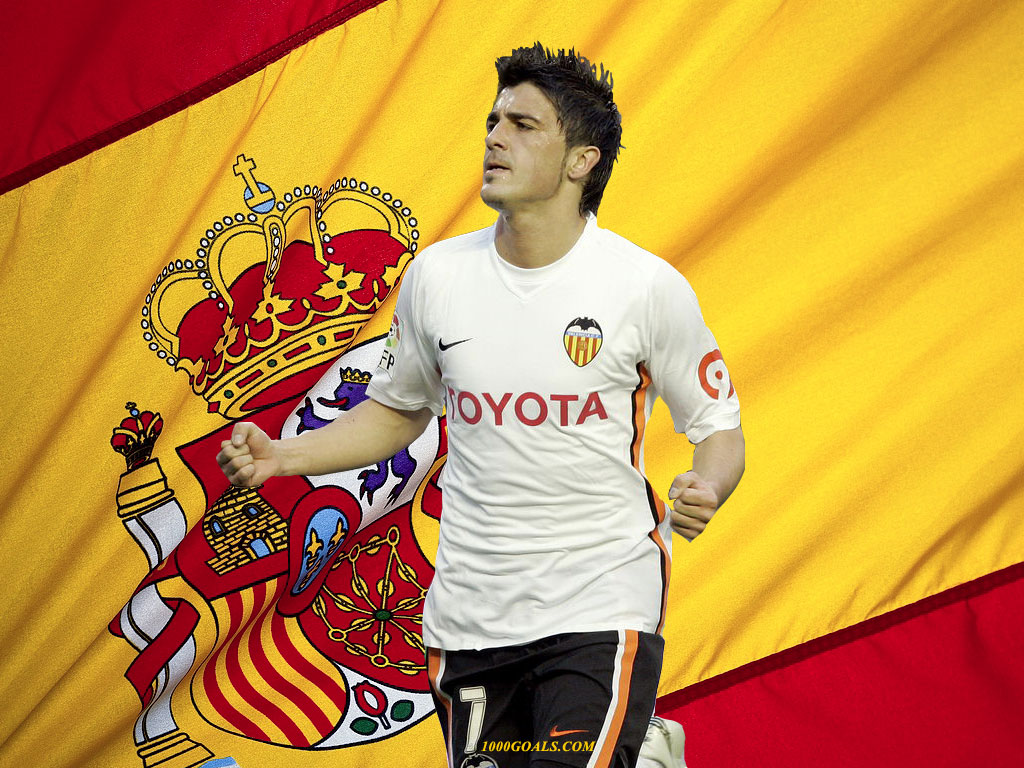
Ghana

Confederation: CAF
FIFA Ranking (Apr 10): 32
Previous Appearances: 1 (2006)
Background
The West African nation made its maiden appearance at the World Cup finals in Germany in 2006. They left a lasting impression on the minds of billions of people across the world as the only African country to make it to the Round of 16 in that tournament. They slumped to a 2-0 defeat to Italy in their first match, but recovered strongly to repeat that same scoreline in their favour against Czech Republic and surprised the USA with a 2-1 victory. The whole continent of Africa fell in love with the boys in black and white until Brazil shattered their World Cup dreams with a humiliating 3-0 defeat. The Ghanaians hope to revive their previous performance and do even better this time around.
How They Qualified
Ghana was the first African team to qualify for the World Cup after winning its first four matches against Benin, Mali and Sudan, thereby guaranteeing them a spot at Angola 2010. An early qualification meant that Ghana knew they were headed for the African Cup of Nations, and could prepare accordingly.
Strengths
Ghana’s midfield is star-studded and serves as the distribution centre for the wings towards its strikers. No wonder it became the first African team to qualify for the World Cup after winning its first four matches without conceding a goal. Ghana ended their qualification campaign with a draw against Mali.
Weaknesses
The team needs strikers that can create their own chances and score at any given time. The left back position has always been weak for Ghana, and the earlier it patches that hole the better. Meanwhile in midfield, star player Michael Essien is out due to injury, severely weakning this Black Stars outfit.
The Coach
Milovan Rajevac assumed this post in August 2008 from Frenchman Claude Le Roy. The 55-year-old was handling provincial club FK Borak through the UEFA Cup qualifiers before coming to Africa. Most of his career has been spent in his homeland Serbia with Red Star Belgrade being the highest-profile club he managed.
Star MenRichard Kingson (Wigan Athletic)
 | Kingson is no doubt the number one goalkeeper for Ghana. He has been very consistent and his surveillance at the goal post is classic. He made many saves for Ghana at the 2006 World Cup and was superb in the qualifying campaign. He will be in his favourite 22 jersey for Ghana in the upcoming tournament in South Africa. |
Sulley Muntari (Inter)
 | Despite his intermittent standoffs with the Ghana Football Association, the midfielder and left winger has been a regular for the senior national side. His thunderous strikes have sent chilling fears in the minds of world class goalkeepers. He doesn’t care where the ball is placed as he still makes good use of the slightest chance. Watch out for his usual left-footed pile-drivers. |
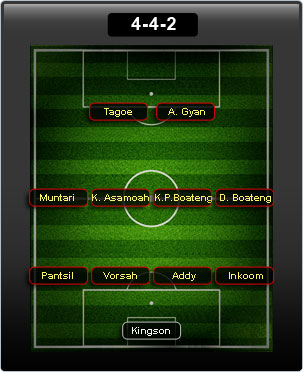
Best Footballing Moment
It was at the 2006 FIFA World Cup when Asamoah Gyan scored the fastest goal of the tournament after just 68 seconds.
Off The Pitch
Famous for: Unusual coffins ranging from brightly coloured luxury cars, planes, butterflies, lobsters, shoes, peppers, musical instruments and coconuts.
Most likely to: Have the largest following in Africa if the other continental representatives falter in the tournament.
World Cup Objective
Do what is impossible - go beyond the group stages and break its own record from the last World Cup.













